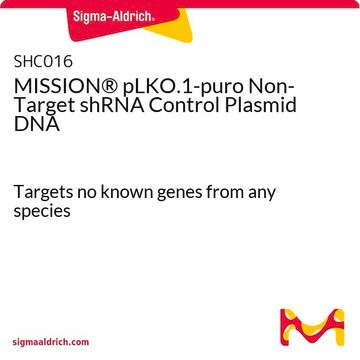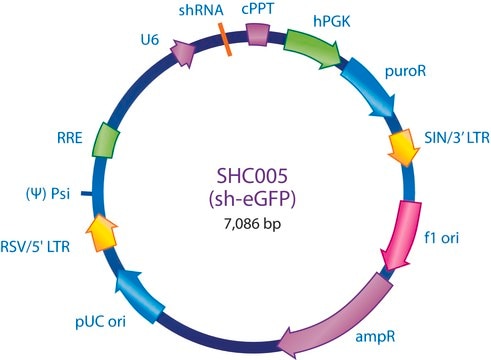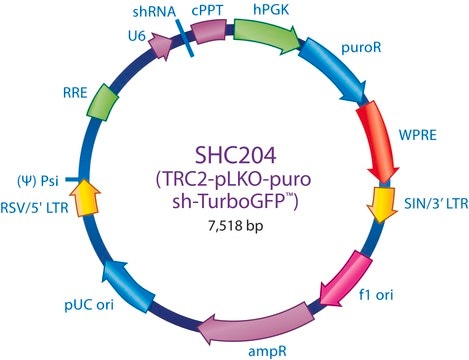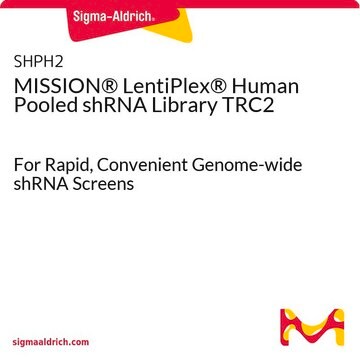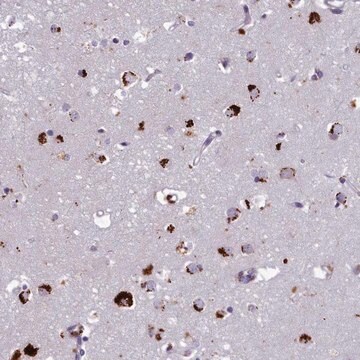SH3021
MISSION® shRNA Human Gene Family Set, DNA
Epigenetic Regulators
Select a Size
Select a Size
About This Item
Recommended Products
Quality Level
product line
MISSION®
storage temp.
−20°C
Gene Information
human ... CA1(759) , DNMT1(1786) , DNMT3A(1788) , DNMT3B(1789) , DNMT3L(29947) , MGMT(4255) , N6AMT1(29104) , N6AMT2(221143) , SPEM1(374768) , TRDMT1(1787)
Looking for similar products? Visit Product Comparison Guide
General description
Other Notes
Legal Information
Choose from one of the most recent versions:
Certificates of Analysis (COA)
It looks like we've run into a problem, but you can still download Certificates of Analysis from our Documents section.
If you need assistance, please contact Customer Support.
Already Own This Product?
Find documentation for the products that you have recently purchased in the Document Library.
Articles
RNAi Consortium (TRC): Collaborative effort among academic labs and biotech/pharma institutes advancing RNA interference research.
Our team of scientists has experience in all areas of research including Life Science, Material Science, Chemical Synthesis, Chromatography, Analytical and many others.
Contact Technical Service